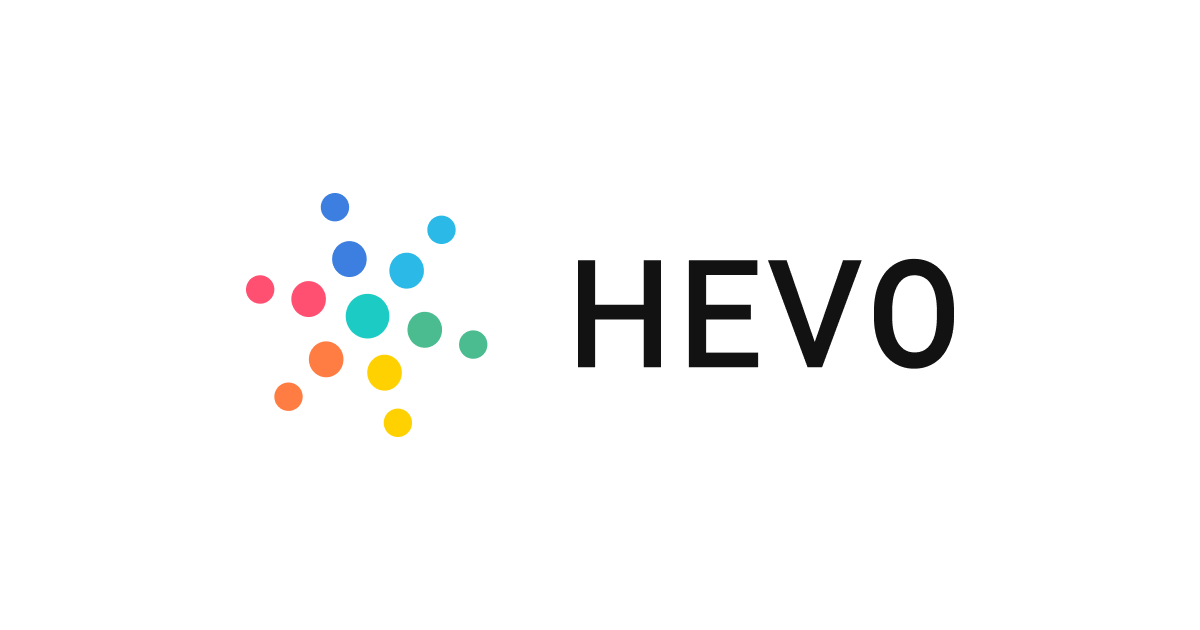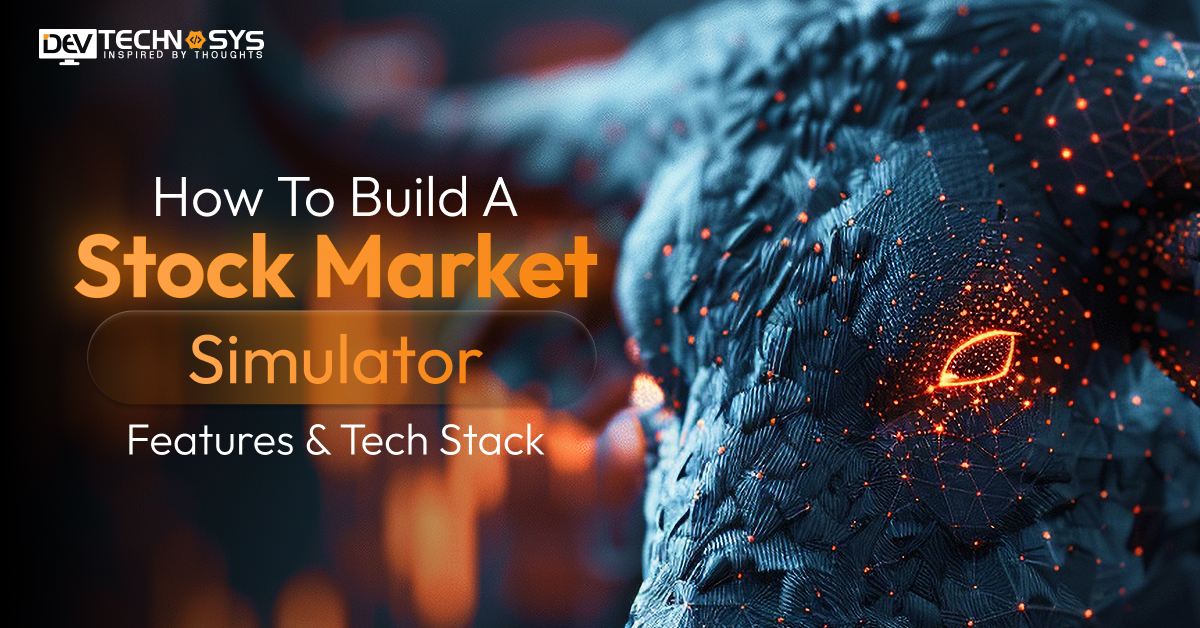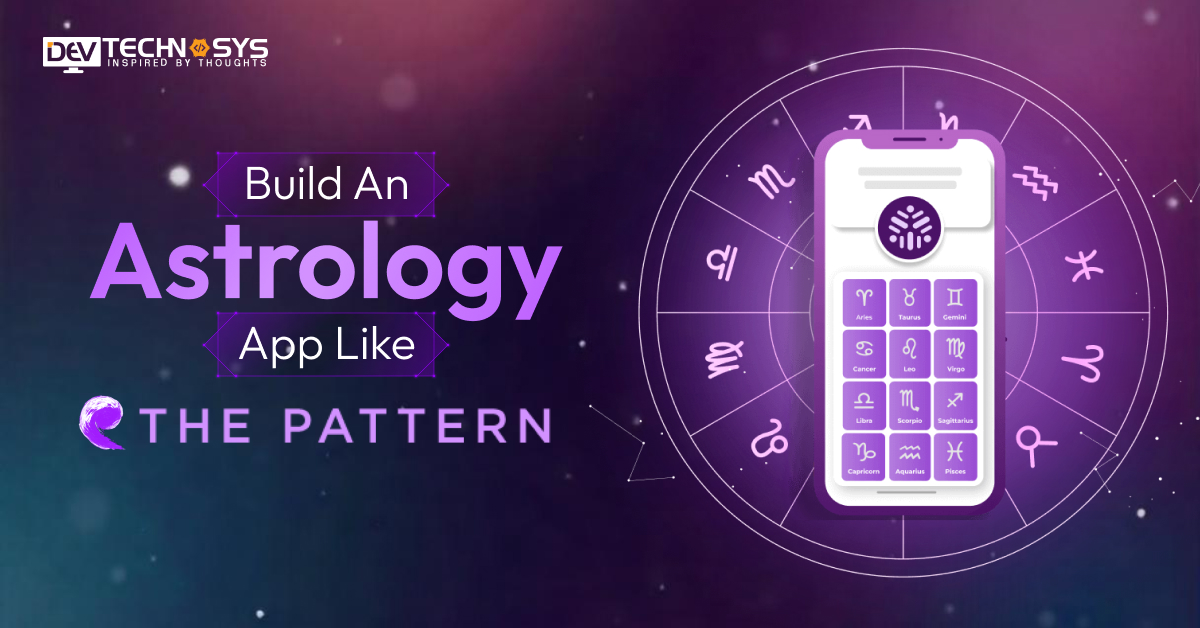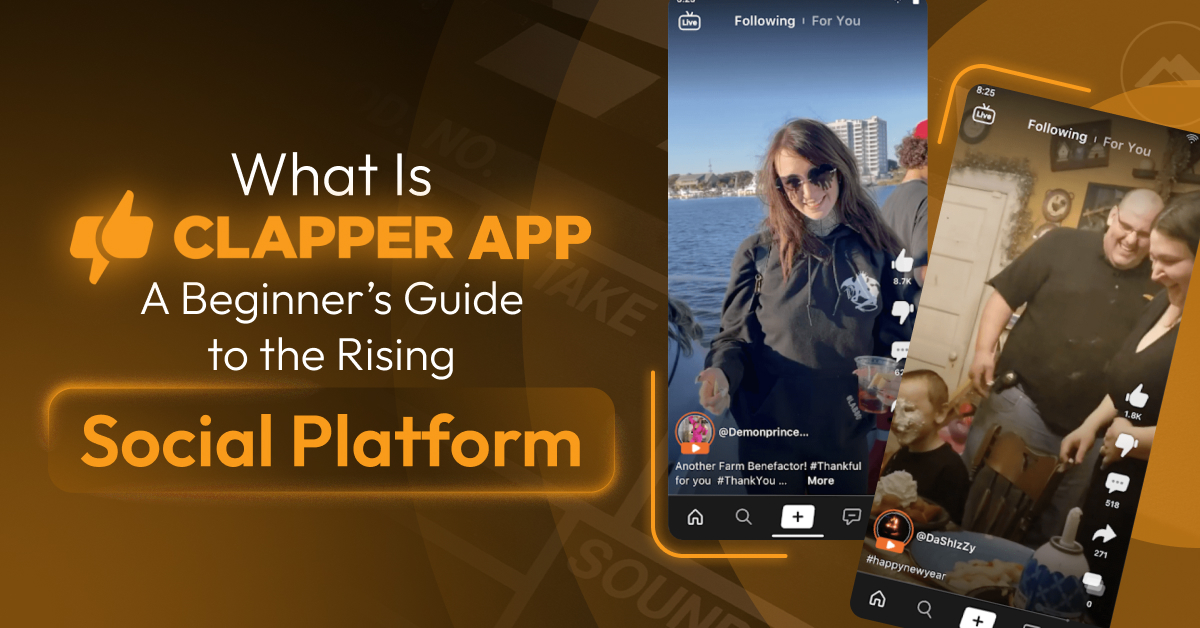Data is everywhere. This is one of the hallmarks that define the Information Age. You use data to make decisions and achieve goals every day, whether it is the estimated delivery dates for your packages or analytics about how much screen time you spend using your phone.
Many organizations want to use data today to guide their decision-making, but they need help managing the growing number of data sources. They may also have a poor data culture if they cannot transform their raw data into usable formats.
Solving these problems requires the use of ETL tools (Extract Transform Load). The fact that there are so many ETL tools available gives companies the opportunity to select the right one. It can take a lot of time to review all the options.
This post contains a list of 20 ETL software that we believe are the best on the market.
The 20 Best ETL Software for 2023

1. Coupler.io
Coupler.io, an all-in-one data analytics and automation tool, allows businesses to maximize their data. It helps gather, transform, and analyze data flows. A no-code ETL software that doesn’t require technical expertise serves as the platform’s core. You can export data and combine it with data from other business applications into data warehouses or spreadsheets.
This tool can automate reporting by re-entering data at a scheduled time. This tool allows organizations to create live dashboards and collect, track, or streamline business metrics. Additionally, Coupler.io provides data analysis services and, upon request, may build customized connections.
| Starting Price | Free version | Free trial | Support | Customer Ratings | Training |
|---|---|---|---|---|---|
| $49/Month | No | Yes | Yes | 4.9 | Yes |
2. Apache Airflow
Workflows may be created, scheduled, and monitored programmatically using Apache Airflow. The platform provides a command line interface and a web-based interface for controlling and starting processes.
Workflows can be defined by using directed acyclic Graphs (DAGs), allowing for clear visualization and management of tasks, dependencies, and other factors. Airflow is an ETL software that integrates with tools that are commonly used for data science and engineering, including Apache Spark and Pandas.
Airflow is a powerful tool that allows companies to manage and scale complex workflows. It also has a vibrant community of software developers and extensive documentation. Learn more about Airflow by taking the DataCamp course.
| Starting Price | Free version | Free trial | Support | Customer Ratings | Training |
|---|---|---|---|---|---|
|
$1200/Month
|
No | Yes | Yes | 4.6 | Yes |
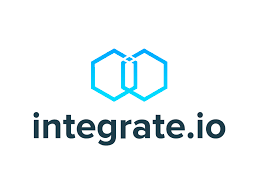
3. Integrate.io
Integrate.io is a data integration tool that requires little or no coding for businesses to collect, analyze, and process e-commerce information. It is easy to integrate with Shopify, BigCommerce Magento, and NetSuite. It also has capabilities that are useful for other industries, like SaaS and eLearning, as well as healthcare.
Integrate.io can extract data from RestAPI-enabled sources. Integrate. Ios API Generator allows you to create a RestAPI if one does not exist. After transforming the data, you can load it to various destinations such as databases or NetSuite.
It offers Business Intelligence tools (BI), as well as reverse ETL, to distribute cleaned data to different stakeholders. Integrate.io offers SOC II certification, field-level encryption, and GDPR compliance.
| Starting Price | Free version | Free trial | Support | Customer Ratings | Training |
|---|---|---|---|---|---|
| £129.00/Month | No | Yes | Yes | 4.6 | Yes |
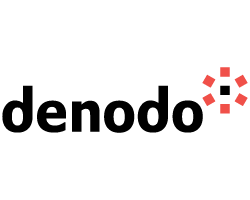
4. Denodo Platform
Denodo Platform excels at big data, operations, and logical warehouses. Self-service data search and discovery help you to find and use data more quickly. It connects with various data sources, such as web data, and unstructured and semi-structured information from any format and source.
Expect high-performance Adapters for all major data sources like relational databases (RDBMS), Web, Hadoop (multidimensional databases), NoSQL databases (key-value document, triple columnar and graph), streaming, web services, flat files (Excel XML Log Delimited), emails, and documents.
Denodo offers a connector SDK, as well as an Eclipse plug-in, for data sources that are not supported. This simplifies connections to custom data. It supports Amazon Redshift as well as Impala, HP Vertica Apache Spark, Teradata Hive Netezza, and Greenplum.
| Starting Price | Free version | Free trial | Support | Customer Ratings | Training |
|---|---|---|---|---|---|
| Not provided by the vendor | No | Noi | Yes | 5.0 | Yes |
5. Hevo Data
Hevo Data lets you replicate data from 150+ sources in real-time to any destination, including Snowflake BigQuery, Redshift Databricks, and Firebolt, without having to write a line of code. When you don’t need to worry about pipeline maintenance, it is easier to find patterns and opportunities.
With Hevo, you can worry less about maintenance. Hevo Data guarantees zero data loss in the rare event that something goes wrong. Hevo Data allows you to monitor your workflow in order to find the cause of a problem.
This will allow you to address it before the workflow is affected. You can also add 24*7 support, which gives you a tool that is reliable and puts you in control with better visibility.
| Starting Price | Free version | Free trial | Support | Customer Ratings | Training |
|---|---|---|---|---|---|
| $299/Month | Yes | Yes | Yes | 4.7 | yes |
6. Matillion ETL
Matillion ETL Solution is unique because it supports both small and medium businesses. Matillion, a cloud-native ETL solution, makes data sense at every stage in its lifecycle, including data preparation and transformation, integration, analytics as well as storage in data lakes or warehouses.
Matillion also offers a unique feature that allows you to accelerate transformations by loading the data before the transformation. You can use the Matillion Data Loader to run CDC and batch pipes without coding skills. Most of your employees will not struggle to access the business information it provides.
Marillion’s ETL software comes with adequate connectors for a variety of cloud data warehouses, including Snowflake (Amazon Redshift), Delta Lake (Microsoft Azure Synapse), and Google BigQuery.
| Starting Price | Free version | Free trial | Support | Customer Ratings | Training |
|---|---|---|---|---|---|
| $2 One Time | Yes | Yes | Yes | 4.3 | yes |
7. Apache Hadoop
Large volumes of data may be processed and stored using the Hadoop architecture on clusters. It is the foundation for big data, allowing the storage and processing of large amounts of information.
Hadoop is an ETL software that is composed of several modules. These include the Hadoop Distributed File System for storing data and MapReduce to read and transform data. YARN manages resources. Hive is used to convert SQL into MapReduce operations.
Companies that are considering Hadoop need to be aware of the costs. The cost of Hadoop is largely based on the computing power needed for processing and the expertise required to maintain Hadoop ETL. This does not include the tools or storage.
| Starting Price | Free version | Free trial | Support | Customer Ratings | Training |
|---|---|---|---|---|---|
| Not provided by the vendor | No | Yes | Yes | 4.3 | Yes |
8. SAS Data Management
A platform for data integration called SAS Data Management is made to integrate data from many sources, including the cloud, legacy systems, and data lakes. These integrations give an organization a comprehensive view of its business processes.
The tool optimizes workflows by reusing the data management rules and empowers non-IT stakeholders with the ability to pull and analyze information within its platform.
SAS Data Management also works with a wide range of databases and computing environments. It can also be integrated with third-party tools for data visualization.
| Starting Price | Free version | Free trial | Support | Customer Ratings | Training |
|---|---|---|---|---|---|
| Not provided by the vendor | No | Yes | Yes | 4.6 | Yes |
9. Voracity
Voracity, an ETL software and data management tool that is available on-premises and in the cloud, is best known for its CoSort engine and the many data management features it offers, including data integration, governance, analytics, data migration, and data discovery.
Voracity is a BI platform that supports hundreds of sources and can feed BI and visualization directly.
Users can use Voracity to design real-time and batch operations that combine ETL operations already optimized for E, T, or L. They can also “speed up or leave” existing ETL tools like Informatica due to performance or price reasons. The cost of Pentaho is comparable to that of Ab Initio.
| Starting Price | Free version | Free trial | Support | Customer Ratings | Training |
|---|---|---|---|---|---|
|
Not provided by the vendor
|
No | No | Yes | 4.0 | Yes |
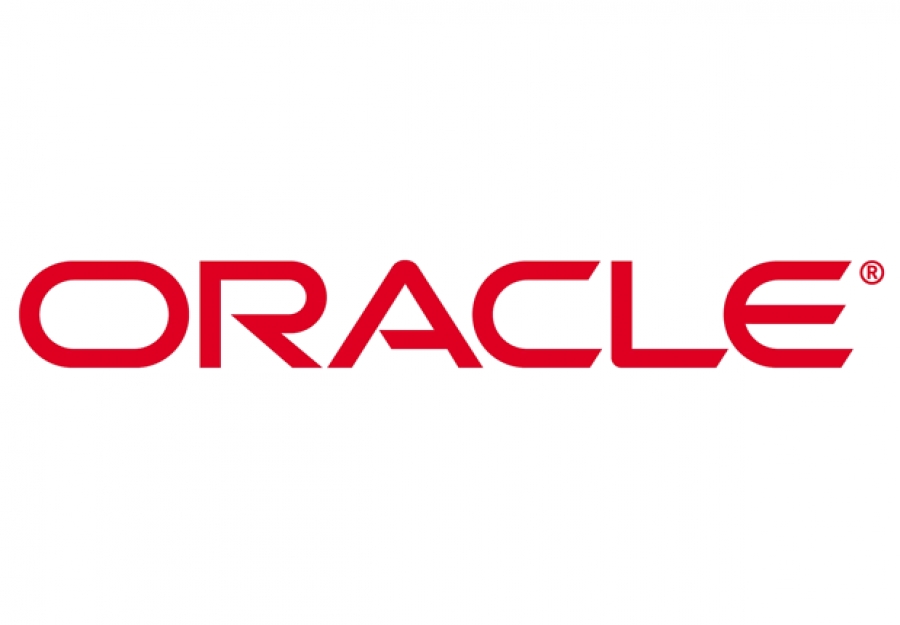
10. Oracle Data Integrator
Oracle Data Integrator is a comprehensive solution for data integration that’s a part of Oracle’s ecosystem. Users of Oracle’s other programs, such as Hyperion Financial Management or Oracle E-Business Suite, should consider the platform. ODI is available in on-premises as well as cloud versions.
Oracle Data Integrator is different from most of the other tools in this post. It focuses on ELT workloads, but it can also execute ETL. This may make or break a sale for some users. ODI’s features are also less extensive than those of other tools on this list. Some peripheral features can be found in other Oracle products.
G2 has given Oracle Data Integrator an average of 4 stars out of 5. G2 reviewer Christopher T. said that ODI was “a powerful tool with a lot of options” yet “too difficult to learn.” Training is also needed.
| Starting Price | Free version | Free trial | Support | Customer Ratings | Training |
|---|---|---|---|---|---|
| Not provided by the vendor | No | No | Yes | 4.4 | Yes |
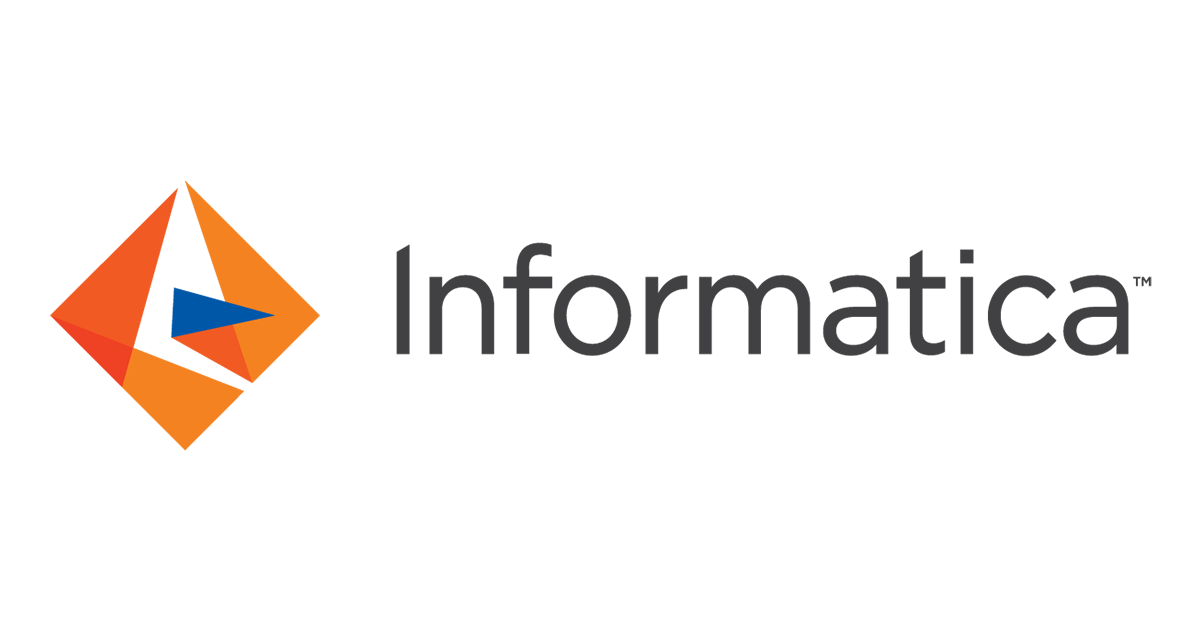
11. Informatica PowerCenter
Informatica PowerCenter, despite its simple graphical user interface, is a high-quality enterprise data management system. It’s AI-powered and supports both on-premises ETL software and cloud-based ETL.
It also supports multi-cloud, hybrid/multi-hybrid clouds and custom ETL rules. PowerCenter allows you to complete all your ETL requirements in one place. Solutions for analytics, data warehouses, and data lakes are included here.
Informatica PowerCenter has many features, including extensive automation, high availability, distributed processing, and connectors for all data sources. It also includes automated data validation tests, dynamic partitioning, and connectors to data sources. The platform can support a variety of files, including JSON, Microsoft Office documents, PDFs, XMLs, and Internet of Things data.
| Starting Price | Free version | Free trial | Support | Customer Ratings | Training |
|---|---|---|---|---|---|
| Not provided by the vendor | No | Yes | Yes | 4.5 | Yes |
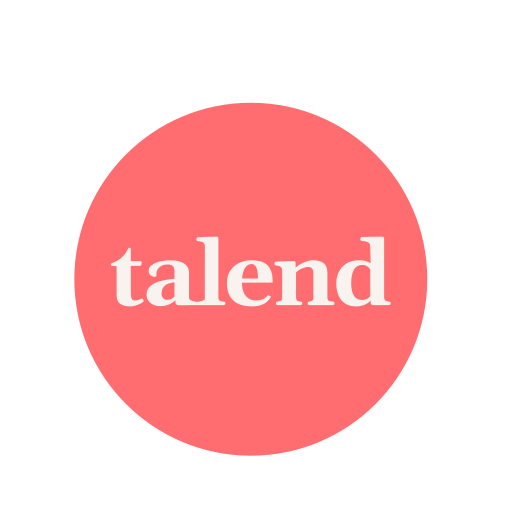
12. Talend Data Fabric
Talend provides a variety of solutions for data management and integration in a single place. Big Data Platform and Talend OpenStudio are examples of this. On-premises and cloud data may be fully integrated and governed using Talend Data Fabric. It supports hybrid cloud and multi-cloud environments.
It can be used with any cloud data warehouse or public cloud provider. With hundreds of integrations, you’ll be able to extract and transform data to load to any destination. Talend’s edition can be enhanced by adding Big Data tools, app integration, and other data solutions.
| Starting Price | Free version | Free trial | Support | Customer Ratings | Training |
|---|---|---|---|---|---|
| $12000/Year | Yes | Yes | Yes | 4.2 | Yes |
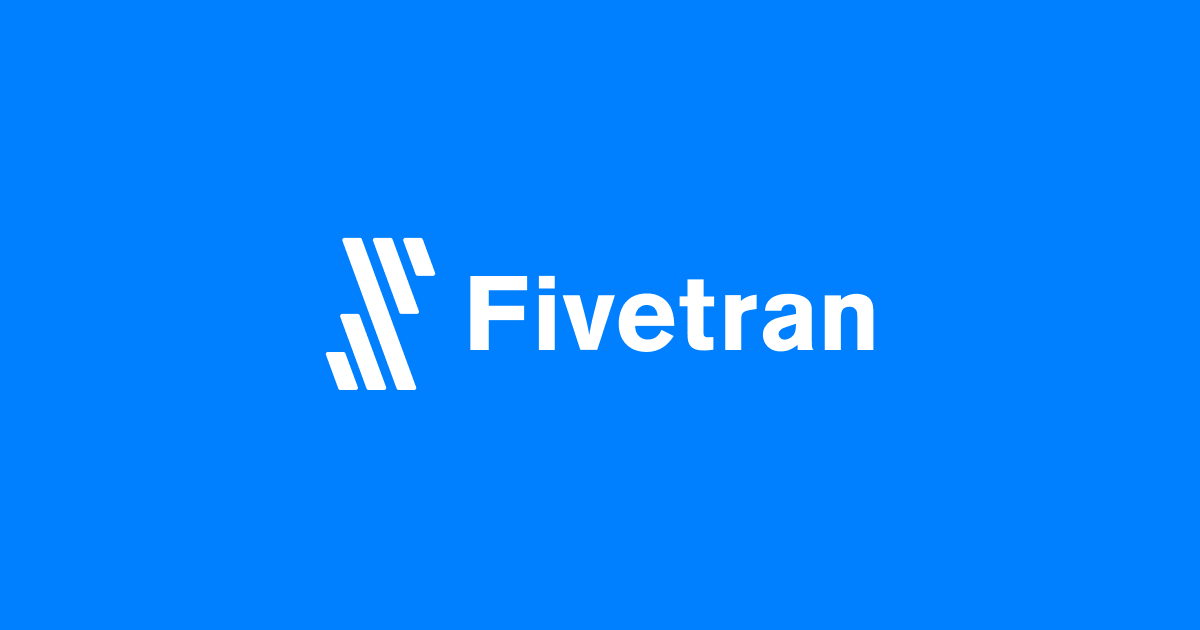
13. Fivetran
FiveTran’s best features include automated schema migrations and a wide range of connectors. FiveTran is an ETL software that uses a sophisticated cache layer to move data securely over the internet without ever storing it on the application server.
Connectors pre-built can help you transform data more quickly. These connectors can be fully managed and allow you to automate the data integration process without compromising on reliability. As a default, you can expect complete replication. The low-impact Change Data Capture (CDC) replication database helps move large amounts of data.
| Starting Price | Free version | Free trial | Support | Customer Ratings | Training |
|---|---|---|---|---|---|
|
$1 One Time
|
No | Yes | Yes | 4.6 | Yes |
14. Alooma
Alooma is a great option if your organization relies heavily on Google products such as Google Cloud Platform or BigQuery databases. BigQuery is a tool that helps to unify data from many sources in one place.
You can still utilize systems like Azure or Snowflake. Additional use cases that Alooma offers include AI, machine learning, and IoT data operations. Alooma allows you to perform real-time ingestion of data, data integration and mapping, as well as cleansing, transformations, warehouses, and migration.
The system supports managed schema updates, SOC II security, and high availability, so you don’t lose events.
| Starting Price | Free version | Free trial | Support | Customer Ratings | Training |
|---|---|---|---|---|---|
| $100 One Time | No | Yes | Yes | 3.5 | Yes |

15. Stitch Data
Stitch is a free ELT software for data integration. Talend offers a paid service tier for advanced use cases or larger data sources. Talend acquired Stitch back in November 2018, so the comparison is accurate in many ways.
Stitch’s platform is unique in that it offers self-service ELT and automated data pipelines and makes data integration easier. Stitch’s ELT does not perform arbitrary transforms, but users should be aware of this. The Stitch team recommends that transformations be applied in layers to raw data once it is inside a data store.
Stitch has received a positive rating from G2 users, with an overall average of 4.5 stars out of 5. Stitch was also named a “Leader,” according to the website, in the winter of 2023. One reviewer praised Stitch for its “simplicity in pricing, open-source nature, and ease of use.”
Minor technical problems or a lack of compatibility for less common data sources are mentioned in several Stitch evaluations.
| Starting Price | Free version | Free trial | Support | Customer Ratings | Training |
|---|---|---|---|---|---|
| $100/Month | No | Yes | Yes | 4.2 | Yes |
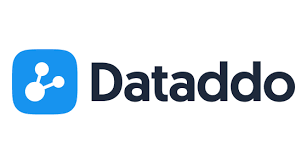
16. Dataddo
Dataddo, a cloud-based ETL software that does not require any coding, allows both technical and non-technical people to integrate data in a flexible way. It has a large number of connectors and metrics that can be customized. A central system is used to manage all data pipelines simultaneously.
Dataddo’s team manages all API changes so that pipelines do not require maintenance. Upon request, new connectors can be installed within 10 working days. The platform is GDPR compliant, SOC2 and ISO 27001.
Dataddo adapts to the existing data architecture and workflows. Dataddo’s intuitive interface, simple setup process, and fully-managed APIs allow you to focus on integrating data.
| Starting Price | Free version | Free trial | Support | Customer Ratings | Training |
|---|---|---|---|---|---|
| $129/Month | Yes | Yes | Yes | 4.4 | Yes |
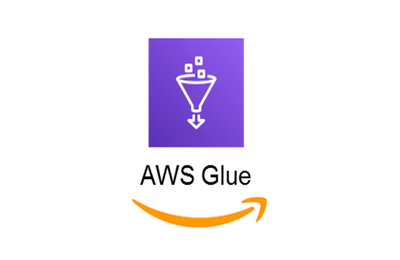
17. AWS Glue
AWS Glue, a managed ETL service by Amazon Web Services, is designed for analytic and big data workloads. AWS Glue, a fully-managed, end-to-end ETL service, is designed to remove the pain of ETL workloads. It also integrates well with other AWS services.
AWS Glue, for example, is serverless. This means that Amazon provides users with a server and then shuts it down once the work is done. Other capabilities of AWS Glue, such as “developer endpoints” for testing AWS Glue Scripts, are also available. This makes it easier to use.
AWS Glue has received generally positive feedback from users. It has a rating of 4.2 stars out of 5 and is a “Leader” in the category of ETL tools for winter 2023. AWS Glue does not make Integrate.io’s list of the seven best ETL software because it is less flexible than the other platforms and best suited for users who are already in the AWS ecosystem.
| Starting Price | Free version | Free trial | Support | Customer Ratings | Training |
|---|---|---|---|---|---|
|
Not provided by the vendor
|
No | No | Yes | 4.1 | Yes |
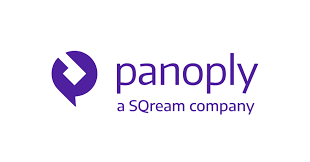
18. Panoply
Panoply, a self-service, automated cloud data warehouse, aims to simplify data integration. It is compatible with any ODBC/JDBC, Postgres, or AWS Redshift data connection. Panoply can also be connected to other ETL software, such as Stitch or Fivetran, in order to enhance data integration workflows.
Panoply received an average rating of 4.5 stars on G2. Stacie B. wrote: “The best part about Panoply was how easy it was to import data from different sources. The program setup and data loading only took ten minutes.
Why did Panoply not make Integrate.io’s list of top ETL tools? Panoply tries to provide both ETL and data warehouse functionality. Panoply will not work if you already use a cloud data warehouse.
| Starting Price | Free version | Free trial | Support | Customer Ratings | Training |
|---|---|---|---|---|---|
| $399/Month | No | Yes | Yes | 4.0 | yes |
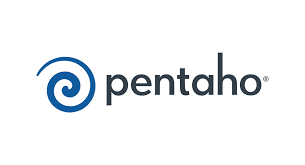
19. Pentaho
Pentaho’s solution simplifies the retrieval, cleaning, and cataloging of data so that it can be consistently used by different teams. The tool makes it easier to access IoT data for machine learning. The tool is highly scalable and allows you to analyze large amounts of data quickly. So if you also want to develop software like Pentaho, you must consult a software development company.
Pentaho Data Integration offers the Spoon desktop application. The tool may be used to plan activities, start manually processing tasks, and make transformations. PDI can also be used as a source of data for Pentaho Reporting, allowing you to leverage real-time ETL. It supports no-code services and OLAP.
PDI, formerly known as Kettle, features multiple graphical interfaces to define data pipelines. Spoon is the PDI client that allows users to design and transform data using Spoon. Then, they can run these jobs using Kitchen. The PDI client, for example, can be used to perform real-time ETL software Pentaho reporting.
| Starting Price | Free version | Free trial | Support | Customer Ratings | Training |
|---|---|---|---|---|---|
|
Not provided by the vendor
|
No | Yes | Yes | 4.3 | Yes |
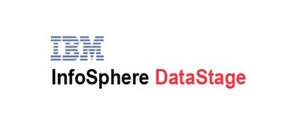
20. IBM InfoSphere DataStage
Healthcare, banking, and the life sciences are just a few of the industries that use IBM’s Data Governance and Integration platform. InfoSphere DataStage allows you to manage and create jobs using a Windows client using a server-based repository. This can be done on an Intel server, UNIX or LINUX, or an IBM mainframe.
You can easily integrate data from multiple sources, no matter how large the data volume is. It can target applications by using a parallel high-performance framework. IBM InfoSphere DataStage is able to handle large mainframes or servers, as well as enterprise-level connectivity and metadata governance.
Both on-premises and cloud-based processes are supported. JSON, AWS Snowflake, Azure Teradata, and more connectors Kafka, Google Hive, Sybase Salesforce, and Oracle.
| Starting Price | Free version | Free trial | Support | Customer Ratings | Training |
|---|---|---|---|---|---|
|
Not provided by the vendor
|
No | No | Yes | 4.0 | Yes |
Conclusion
This blog will discuss the 20 best ETL software that is currently available on the market. You can choose one of these tools based on your needs to improve your operational efficiency and boost your productivity.
You can choose between Open Source Data Replication Tools that are either paid or free. Paid tools are usually more reliable, have updated documentation, and receive regular updates.
They also offer quality support and keep up to date with changes in databases and customer needs. Open-Source software allows businesses to customize it according to their needs.

